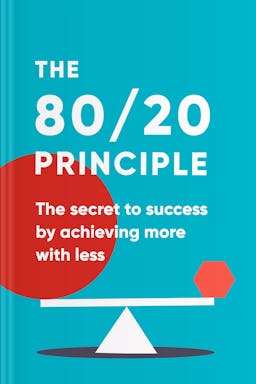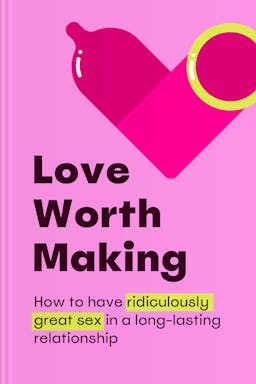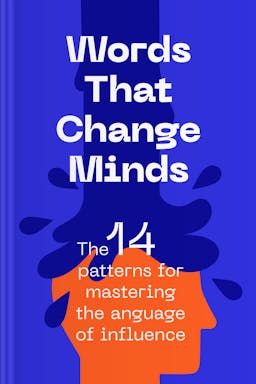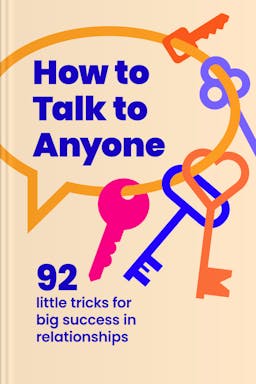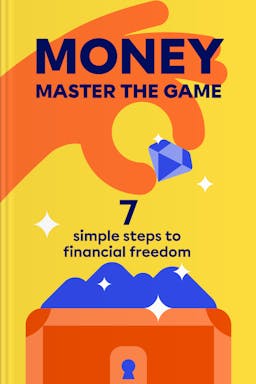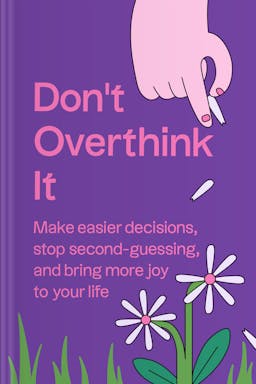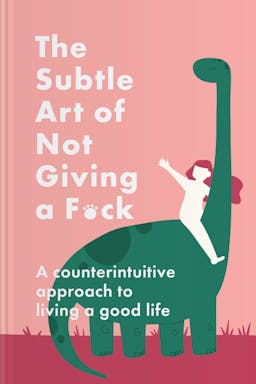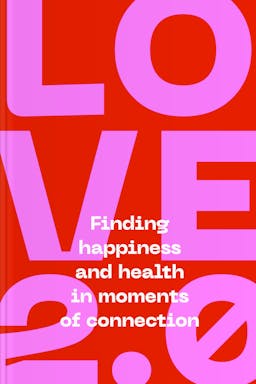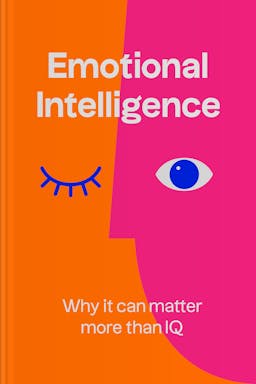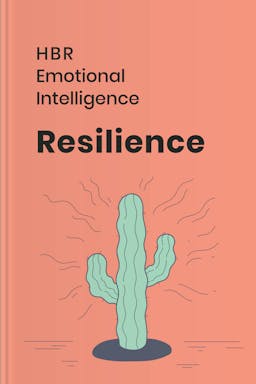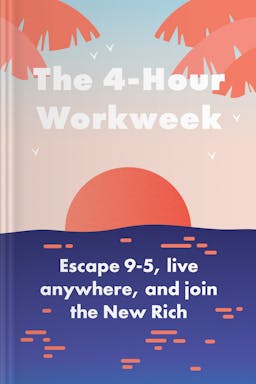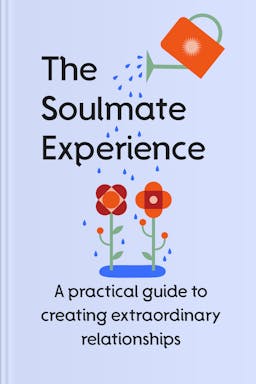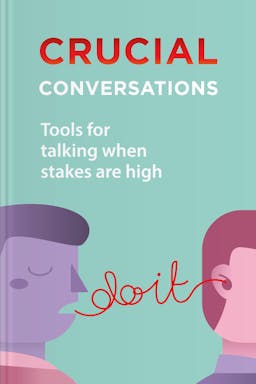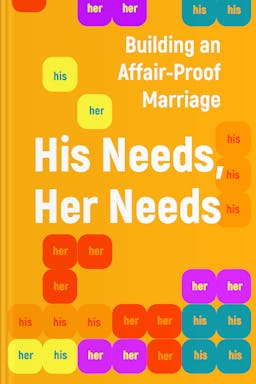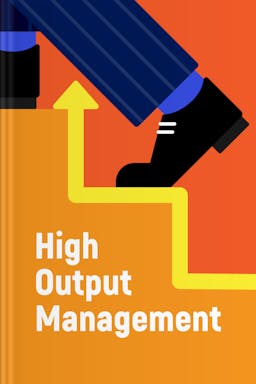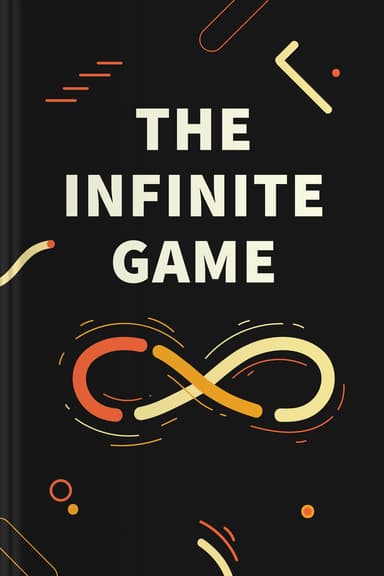
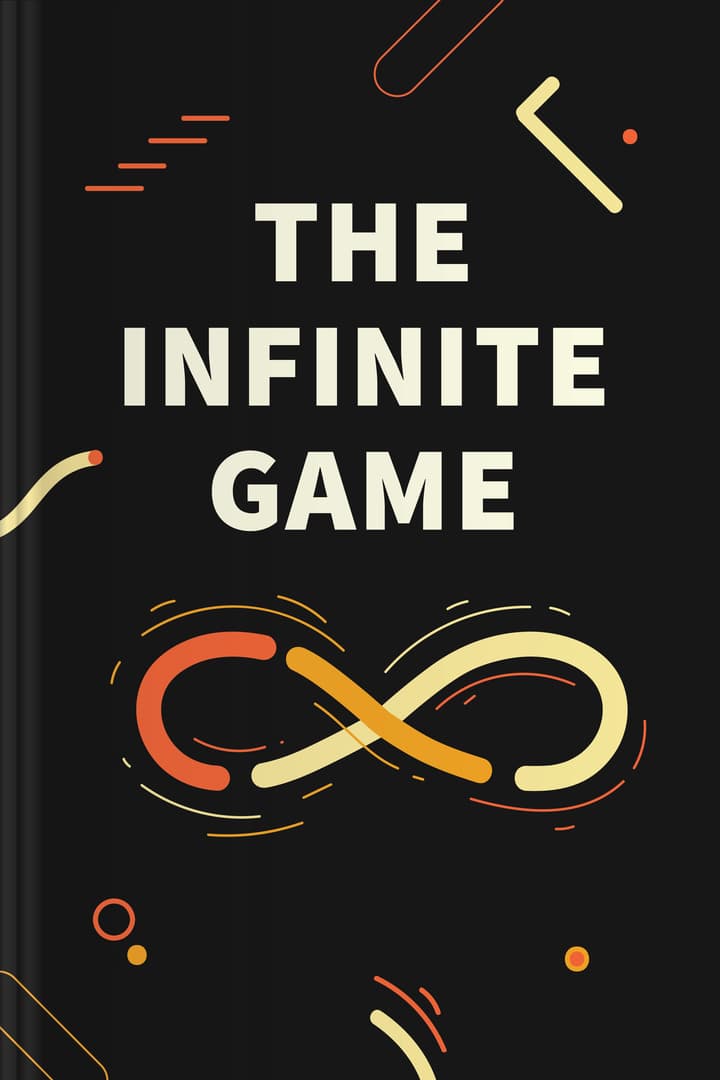
Summary of The Infinite Game
Short summary
Table of content
- Summary of The Infinite Game
- About the author
- What is The Infinite Game about?
- Who should read The Infinite Game
- Topics in The Infinite Game
Life is an infinite game, with many finite games as subunits
For example, the competition between students in class is a finite game. While in school, you could come first or last in a course, but your career is not a finite game because you're not competing with anyone.
In this summary you will learn to differentiate between finite and infinite games. This will absolutely help you in your personal and professional life. Among the things you will learn from this book is that business and career are not finite games that end with you. They are meant to be transgenerational and you're only a player in the bigger scope of things. And lastly, you will learn strategies for living the transgenerational life.
Business is an infinite game and should be treated as such

Infinite leaders are those who advance a just cause
If you want to scale the performance of your team, focus on building “Trusting Teams”
Don't fight your rivals; learn from them and grow
Infinite minded leaders are not afraid of existential flexibility
Conclusion
What is The Infinite Game about?
Who should read The Infinite Game
Topics in The Infinite Game


Enjoy summarized nonfiction bestsellers
Grasp the book’s key ideas in less than 15 minutes
Get startedGet new knowledge easily
Let’s check how many titles you can finish in a month with Headway! Tell us how much time you’d like to spend on reading:
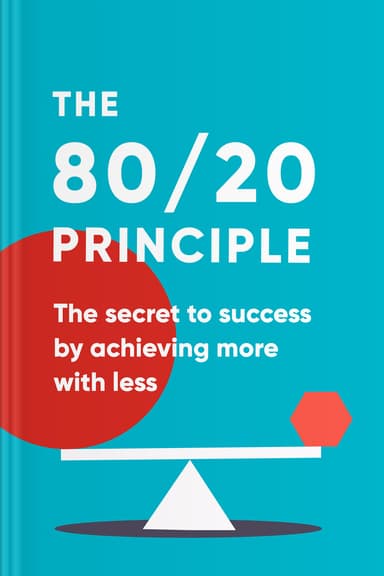
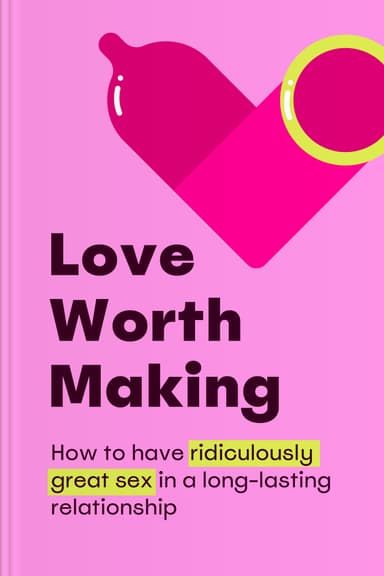
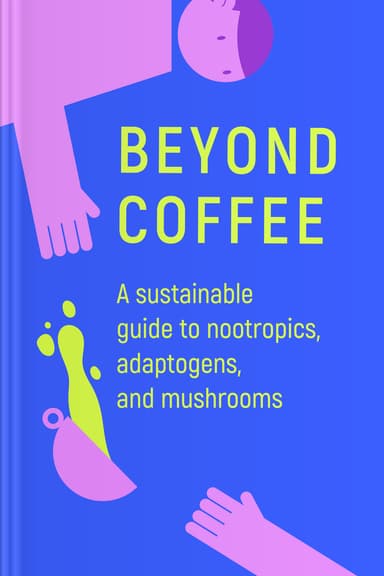
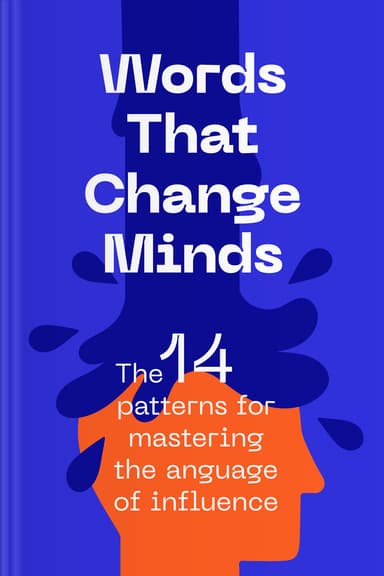
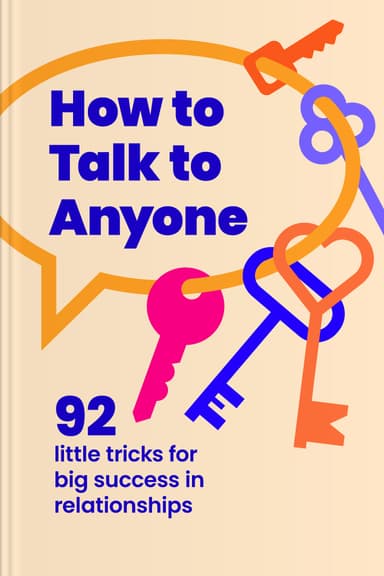
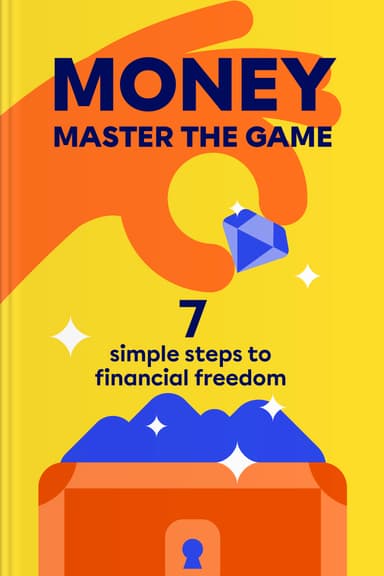
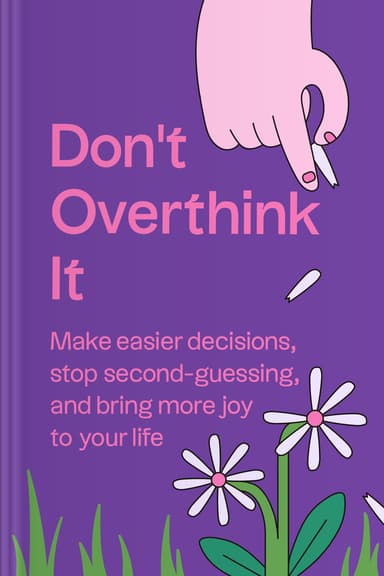
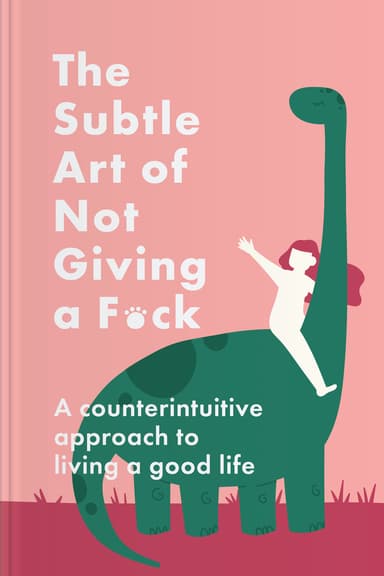
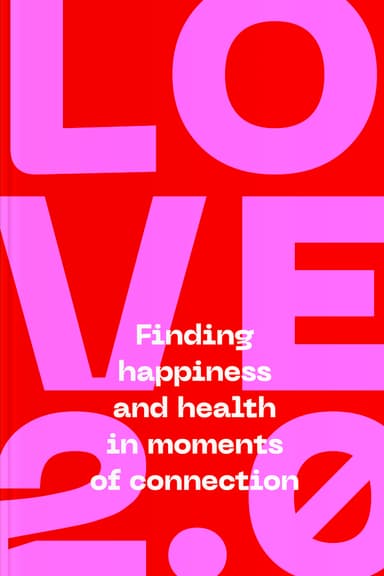

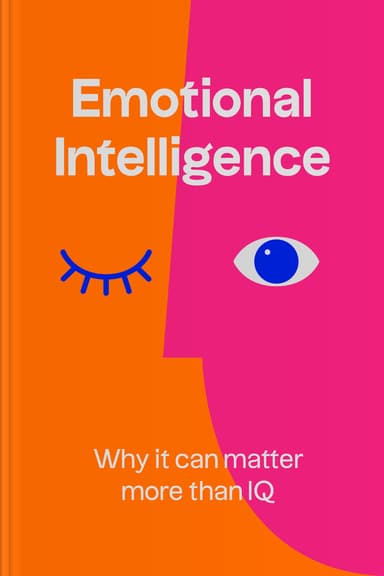
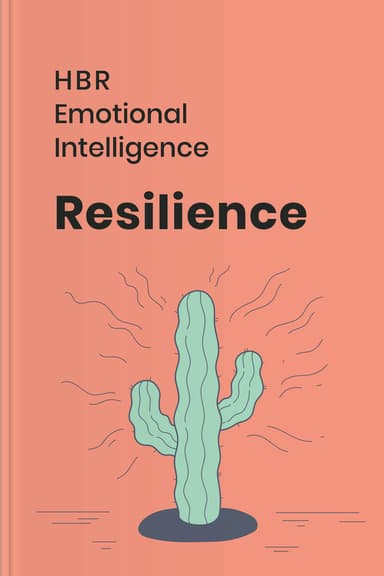
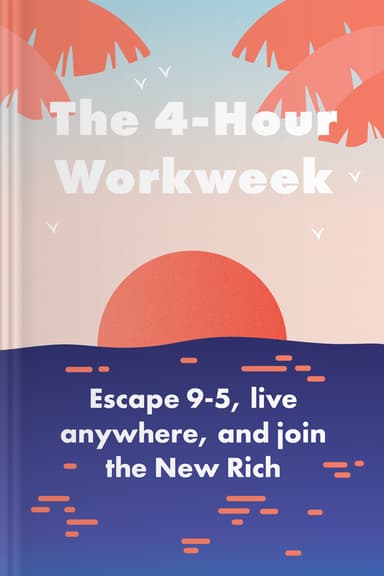
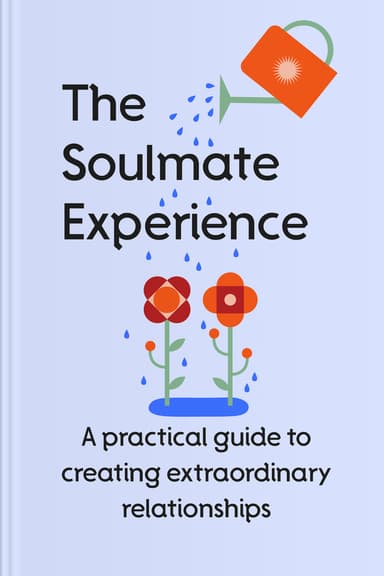
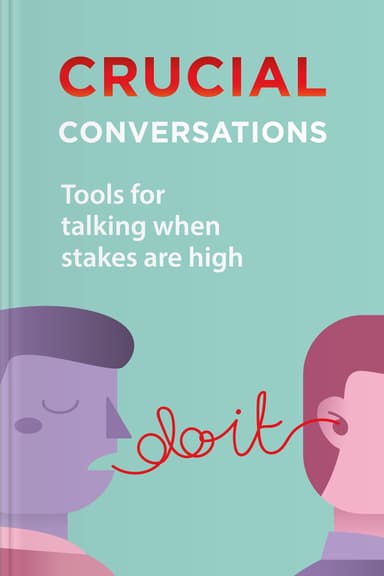
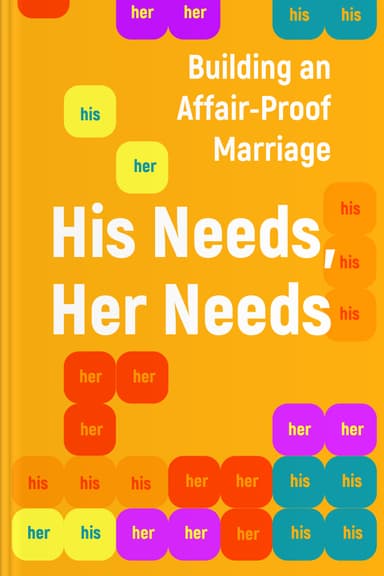
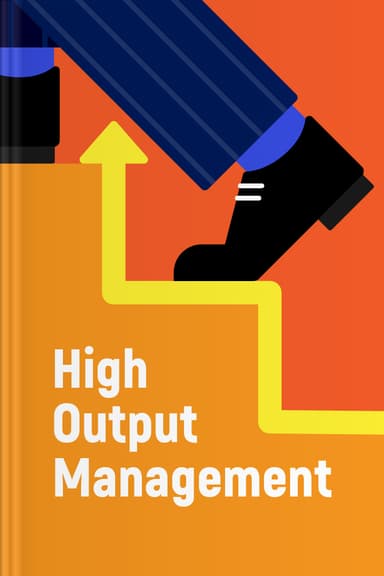
Join 30+ million learners around the world
Everything you need to be motivate, to learn & to self improves is all here. I actually do appreciate the reminders because otherwise this wouldn’t work for me. Thank you
Headway is the answer! No longer accumulating books I never read. With Headway, I initially chose the areas important to me such as productivity, time management, etc., and each day I'm provided several book summaries from which I devote 20 minutes or more each day reading. All of this on my phone! My life has improved with Headway. Truly my most useful app.
An excellent concept, executed well. Headway can help you retain what you've read while introducing you to the essential core of new information. It's an easier way to stay inspired, and to be reminded of the mental tools you've learned
In today’s world, we rarely have time. Between our jobs, our families are social obligations, when do we have time to grow and develop ourselves? Headway is an excellent app that gives you that time it gives you those little snippets of information that you need to direct your focus in on your life. Headway gives you a chance to find out the meat of a book that you might want to purchase and read or listen to in-depth without wasting a lot of time trying to figure out is this book for me? I highly recommend the app.
The selections are on point and the summaries are excellent! I listen while I walk my pup 🐶 and have in turn, ordered a few selections! REALLY loving the app, it’s layout, daily selections and features!
I've gotten multiple books out of the library with the intent to read them, but always have a hard time finding the time. This app has helped me finally be able to get to them. Summarized, yes, and thank goodness too! Just short enough I can finish one on my way picking kids up from school/practice, or while I'm cooking dinner. I can't wait to listen to them over the summer when we visit the beach!
It amazed me! There is the possibility to highlight the most important points of each book and instantly translate unfamiliar vocabulary. With the ability to review the searched words. It's a great way to learn more about English as well. The price is great.
I’m enjoying what I’m learning on headway.each summary comes with quotes at the end which you can save to help you remember key points. You can listen or read, I’ve found that reading puts me to sleep before I can finish but the listening feature keeps me engaged and I can finish in a brief amount of time if not one session.
The app it’s so easy to use. I use it while driving or cooking and is great. I love the fact that the chapters are short, so you can finish them quickly. Very knowledgeable.
The best app for self development.It helps to keep pace with your reading and also suggests the kind of reading material you might like.It is fun as you can switch from reading to listening and vice-versa as per your convenience .Just get started and partake of the treasure of knowledge at your fingertips .I feel lucky to have spotted the app.It has helped me become self-disciplined and much better informed.The audio track is excellent.
Exactly what I need! I always have booklist to read, but can't committed enough to finish/start bc of too much pages. Headway is really helpful and concise with their summary. What I love the most is that the essence of the book is well crafted, so I don't only read the key points, but also there's the story and how personality of the author still well shown through the summary. Well done!
This is outstanding best app ever and honestly whoever came up with is my app is an absolute genius kudos my gratitude definitely goes out and I’m only on my first week free trial and I’m certainly going to purchase this app annually. Now that I have it, I can’t even imagine living without it.












